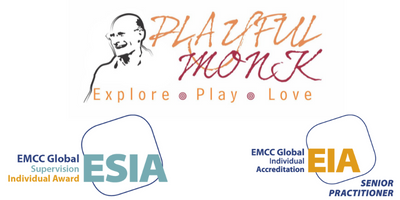The following is a set of Frequently Asked Questions (FAQ’s) for retreats and workshops that I run. This is background information to retreats and helpful pointers. All topics here will explored and expanded at the event.
New to sitting Meditation – read this
What does a timetable look like?
What are the agreements for coming to a retreat?
Information on therapeutic workshops
Method
The method is based on co-exploration I consider myself a facilitator and so provide a space to help you explore who you really are. Some of the sessions are based on sharing your meditation experience (which can include your emotions) with another person or with a large group (if you want to ) or listening to other people doing the same.
Whether you have no meditation experience or lots , whether you are used to sharing your emotions in public or not, the space provided will accept you. The work is based on what I believe is a universal truth that you are innocent. Sometimes your beliefs will be actively challenged and this is held as best as possible in light of your innocence.
During retreats/workshops you can use a chair, cushion or any other comfortable position that keeps your back straight and your body relaxed (which at times can include lying down).
The talks that I give are reflective, that means that they are not about content but are more about how your receive them. The workshops use various contemplative exercises to expanded on our understanding of ourselves, some involve physical contact, talking and sitting in a group in silence.
The focus is looking at process rather content, looking at the way the mind works rather than what it produces (although sometimes I use it the other way round!).
The key method is to use mindfulness/awareness to center ourselves in the present moment and to understand who we are.
The basic attitude is accepting and welcoming the way life is and allowing our natural wisdom to arise.
Buddhism
Agreements
All retreats use either the 5 Buddhist Precepts or 8 precepts and refuge in the triple gem. If you are not Buddhist the refuge and Precepts are a social contract for us to operate under, they are not a conversion to Buddhism.
In addition the following guidelines are used to help support when we share in pairs or in a group.
Is there a possibility that what you know could change?
Respecting others by not interrupting when they share.
See if its really necessary to share judgments and comments about another’s view.
Please speak out of personal experience
If you want to speak with somebody else outside of the group about their experience please ask first.
Maintaining trust in the group by not sharing
the contents of the discussion outside the group.
From a Buddhist point view this all comes from right speech.
What does a retreat timetable usually look like?
Normally start at 6am and finish around 9.30pm, I give plenty of time for rest.
Usually a period of chi kung in morning
two contemplative exercise each day, one in a group circle and one involving pair/triad process work.
Plenty of time for questions and there is a reflective talk in the evening.
Small group meeting with Amaranatho each day with longer retreats(optional)
Disclaimer
Doing these kind of workshop/retreats offers an opportunity for change and of course this could be challenging at times. Amaranatho is not a licensed psychologist or mental health provider and his services are considered complimentary to normal medical and psychiatric care. Please discuss medical or psychiatric concerns with your physician or mental health provider. You attend the course with this undertaking.
This is in addition to the website disclaimer here
